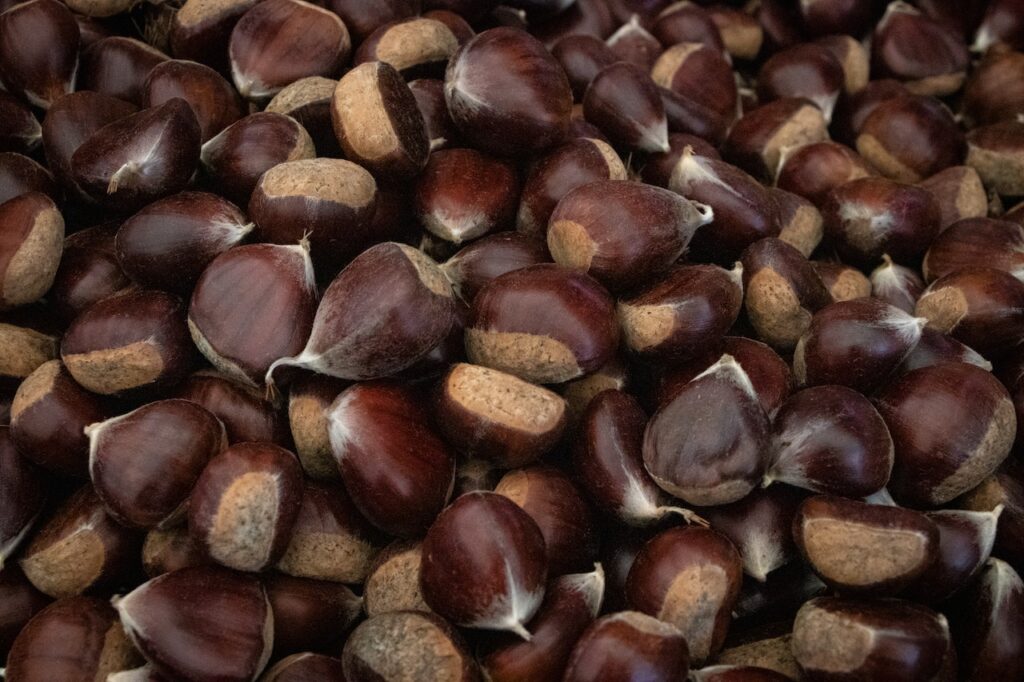
No, chestnuts are not poisonous to chickens. In fact, they can be a nutritious treat for chickens, as they are high in protein, fiber, and other beneficial nutrients. However, as with any treat, chestnuts should be given to chickens in moderation as part of a balanced diet. It’s also important to ensure that the chestnuts are fresh and not spoiled, as spoiled chestnuts can make chickens sick.
Can I Give Raw Chestnuts to My Chickens?
It is generally not recommended to give raw chestnuts to chickens, as they contain tannins and other substances that can be harmful to chickens in large quantities. Chestnuts are also high in carbohydrates, which can be problematic for chickens if they are overfed on chestnuts. If you want to give chestnuts to your chickens, it is best to cook or roast them first, and offer them in moderation as a treat rather than as a significant part of their diet.
What If There’s a Chestnut Tree Near My Chickens?
If there is a chestnut tree near your chickens, it’s best to ensure that the chickens cannot access any fallen chestnuts, as these can be a choking hazard. In addition, chestnuts can attract rodents, which can be a health hazard for your chickens. It’s also important to note that while chestnuts themselves are not toxic to chickens, they are high in tannins, which can interfere with the absorption of certain nutrients. As with any treat, it’s best to offer chestnuts in moderation and as part of a balanced diet.